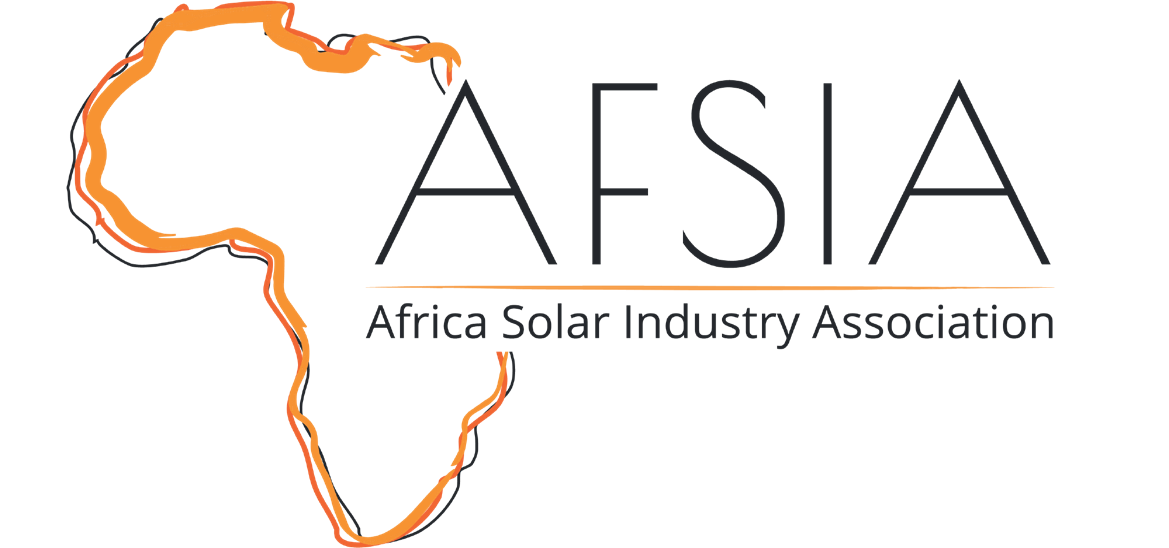Olusola Lawson, Joint-MD at African Infrastructure Investment Managers (AIIM) in Nigeria spoke with ESI Africa in an exclusive interview. During the four-question conversation, he addressed financing Africa’s post-COVID-19 recovery and the factors hindering renewable energy market growth.
Olusola Lawson was appointed Co-Managing Director of AIIM in August 2020 and has more than 16 years of corporate finance and infrastructure equity investing experience across European and African markets. Over the last decade, he was responsible for originating, executing and managing more than $500m of infrastructure equity investment. This included the co-development, construction and successful exit of the Azura power project in Nigeria, the first project financed power deal to close in Nigeria in 20 years.
“WHAT IS ESSENTIAL IS DEVELOPING A STRATEGY COGNISANT OF CERTAIN CONSTRAINTS, LIKE FINANCING, TO MAXIMISE THE NEAR-1.5TW RENEWABLE ENERGY GENERATION POTENTIAL ACROSS THE CONTINENT,” STATES LAWSON.
Africa’s power deficit is an oft-discussed hindrance in long-term development across the continent. Emerging as the slowest recovering economy from the pandemic, how important is power generation to the recovery?
Facing the first continental recession in 25 years, the strength of recovery across Africa will have long-lasting implications for many – more so than in other parts of the world. Reversing some of the early damage is only the first step, remaining on track with pre-pandemic growth is the next.
Prior to the pandemic, six of the 10 fastest growing economies were in Africa and that rate of development can be achieved and surpassed with the correct calibration of economic strategy and collaboration, which will be boosted by greater regional integration, with the rollout of the AfCFTA.
The power deficit has long constrained development, deterred investment and weakened productivity. On the axis demonstrating the correlation between GDP per capita and access to electricity, the continent lags behind global averages significantly.
A key component of the long-term approach is the development and implementation of renewable energy sources. Upfront costs are higher but continuously falling. The regulatory and financing barriers are being lifted so the outlook remains very positive.
Return on investment for an economy in middle- to low-income countries can be very high. This is Africa’s time to transform, the fundamentals support that – and getting the energy strategy correct will ensure we see that happen.
Read more



